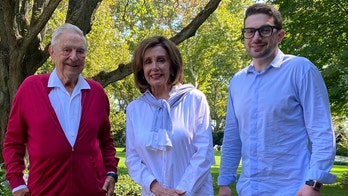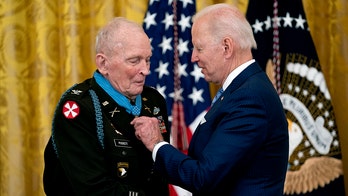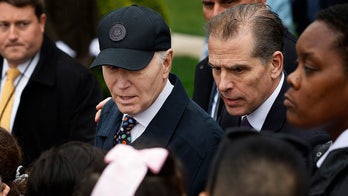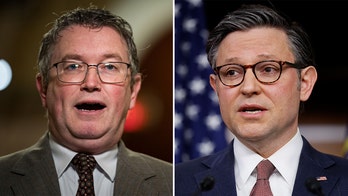Although former U.S. attorney Alan Bersin and the late Russian ruler Nikolai Alexandrovich Romanov appear to have nothing in common, thanks to President Obama, they now share a title.
Romanov, known as Nicholas II, was the last Russian czar. Bersin is Obama's border czar, a new Homeland security post responsible for issues related to drug-cartel violence along the U.S.-Mexico border.
The appointment of czars is nothing new in Washington. President Obama apparently likes the idea of appointing them -- he's got a bunch of czars.
Foreign Policy magazine composed a list of 18 Obama administration czars, including Carl Browner, who is the energy czar, and Gil Kerlikowske, who is the drug czar. But almost immediately, typical Washington quibbling began over who is and who is not a czar.
Czardom does not sit well with Sen. Robert Byrd. Though slowed by age, the West Virginia Democrat remains vigorous in his defense of the powers ceded to the Congress by the Constitution. He said he believes czars are a slick way of governing without having to answer to Congress.
There is no constitutional requirement that czars undergo those pesky Senate confirmation hearings.
Former Rep. Ernest Istook said he doesn't like the term czar either because it's too Russian.
"We could just call somebody the big boss, el jefe, head honcho, the big cheese," he said. "My father used to refer to people as the chief cook and bottle washer."
Istook said he believes the Obama team is using the appointment of czars to reinvent how the executive branch operates.
"If Barack Obama thinks that the executive branch is badly organized, and you could make a great case for that, then he ought to present a coherent system," he said. "But it's just ad hoc on a case by case basis."
If there is a public outcry over the czar mania, it's entirely possible, knowing Washington, that the Obama administration will appoint a super czar to resolve the issue.




